🚀DevOps Project: Netflix Clone Deployment on Kubernetes 🔧
 Trushid Hatmode
Trushid HatmodeTable of contents
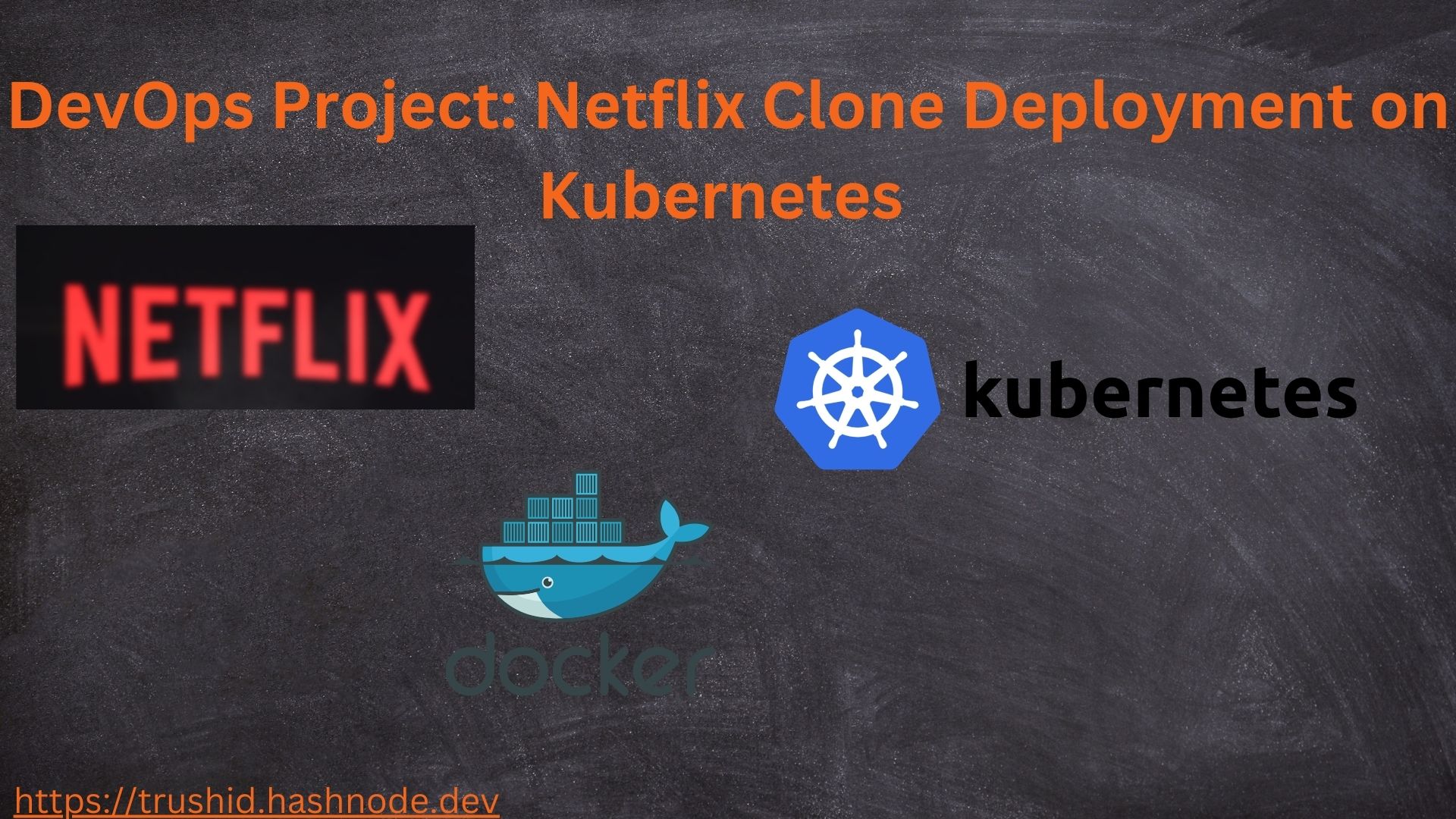
Hey everyone! Today, I'm thrilled to share with you an exciting project I've been working on - deploying a Netflix clone web application on a Kubernetes cluster. Let's dive into the details!
Project Description 📝
The Project involves deploying a Netflix clone web application on Kubernetes cluster,a popular container orchestration platform that simplifies the deployment and management of containerized applications. The Project will require creating Docker images of the web applications. The Project will require creating Docker images of the web application and its dependencies and deploying them onto the kubernetes cluster using Kubernetes manifests. The Kubernetes cluster will provide benfits such as high avaliability, scalability and automativ failover of the application. Additionally the project will utilize kubernetes tools such as Kubernetes Dashboard and Kubectl to monitor and manage the Deployed application. Overall the project aims to demonstrate the power and benefits of Kubernetes for deploying and managing containerized applications at scale.Here's what's on the agenda:
Netflix Clone Application: We're deploying a Netflix clone web application, leveraging Kubernetes to ensure high availability, scalability, and automatic failover.
Dockerization: The application and its dependencies will be containerized using Docker, streamlining the deployment process and ensuring consistency across environments.
Kubernetes Deployment: Kubernetes manifests will be utilized to deploy the Docker images onto the Kubernetes cluster, taking advantage of Kubernetes' robust orchestration capabilities.
Pre-requisites 🛠️
Before diving into the project, ensure the following pre-requisites are met:
EC2 Instance Setup: Provision an EC2 instance via AWS Management Console, configured with a t2.medium setup, serving as the deployment environment.
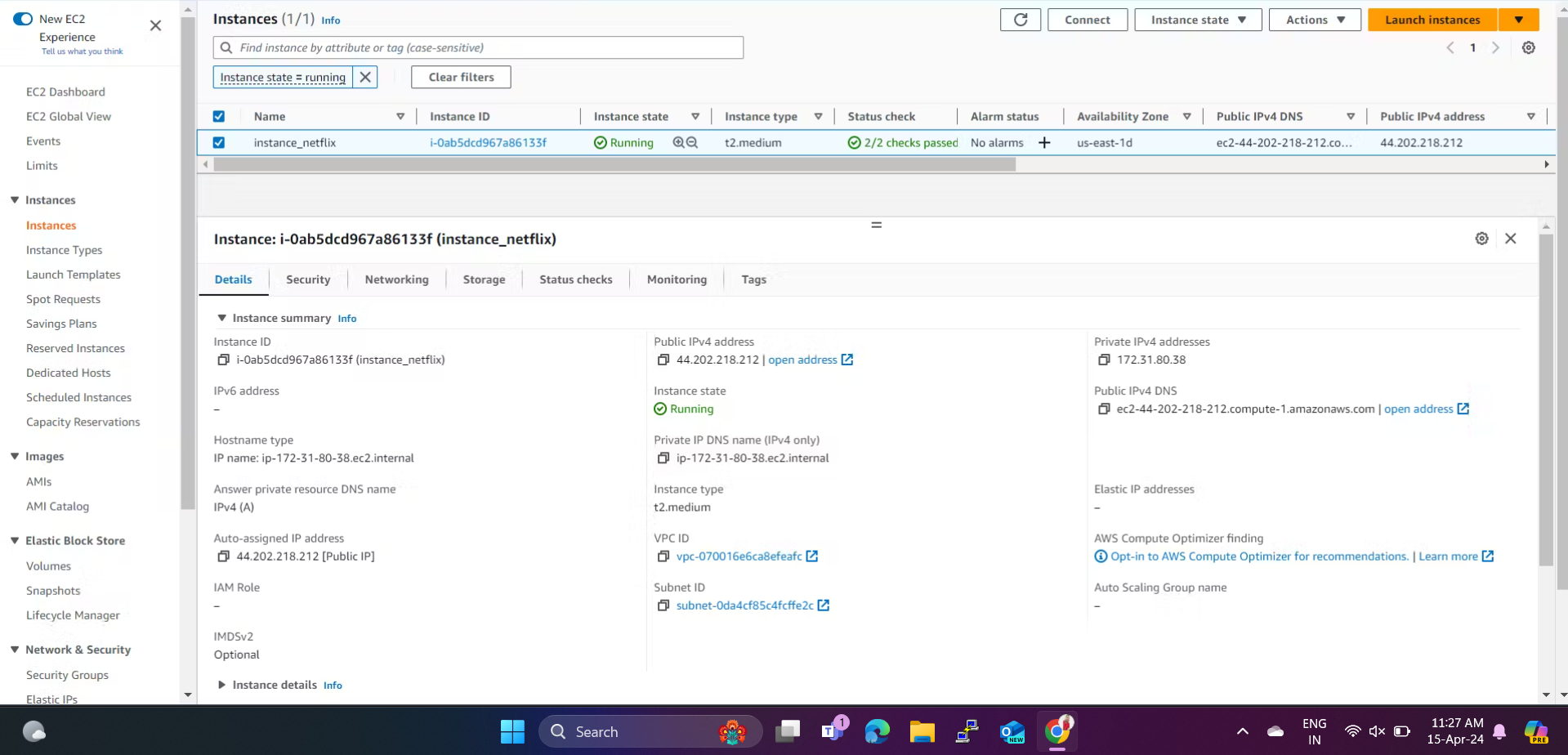
Docker Installation: Install Docker on the EC2 instance, facilitating containerization of the application.
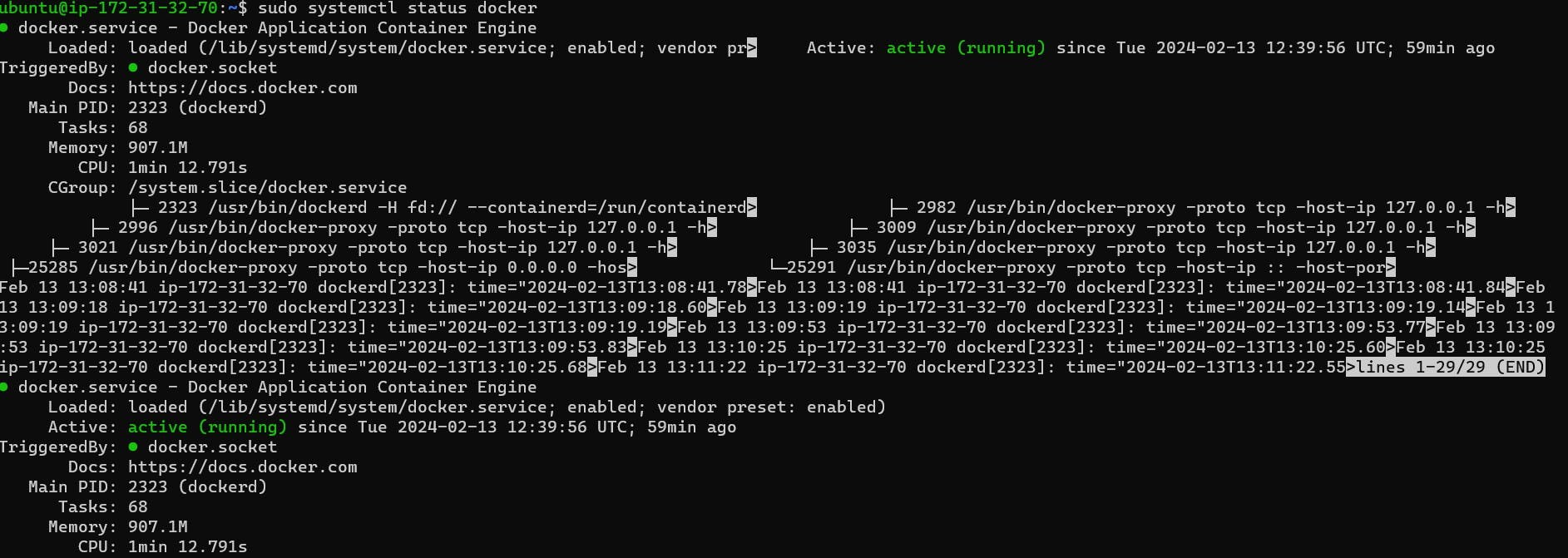
Kubernetes Installation: Install Kubernetes and kubectl utility on the EC2 instance, empowering efficient management of containerized applications across clusters.
https://trushid.hashnode.dev/day-31-launching-your-first-kubernetes-cluster-with-nginx-running

Project Steps 🚀
Now, let's break down the steps involved in deploying our Netflix clone with Kubernetes:
Retrieve Code from GitHub: Clone the source code of the Netflix clone application from GitHub onto the EC2 instance, setting the stage for deployment.
Docker Image Creation: Build a Docker image of the Netflix clone application and its dependencies using the provided Dockerfile, ensuring encapsulation and consistency.


Push Docker Image to DockerHub: Upload the Docker image to DockerHub, enabling seamless sharing and distribution across environments.
Create Deployment YAML File: Craft a deployment YAML file specifying how Kubernetes should manage the deployment, including details like image, replicas, and resource requirements.
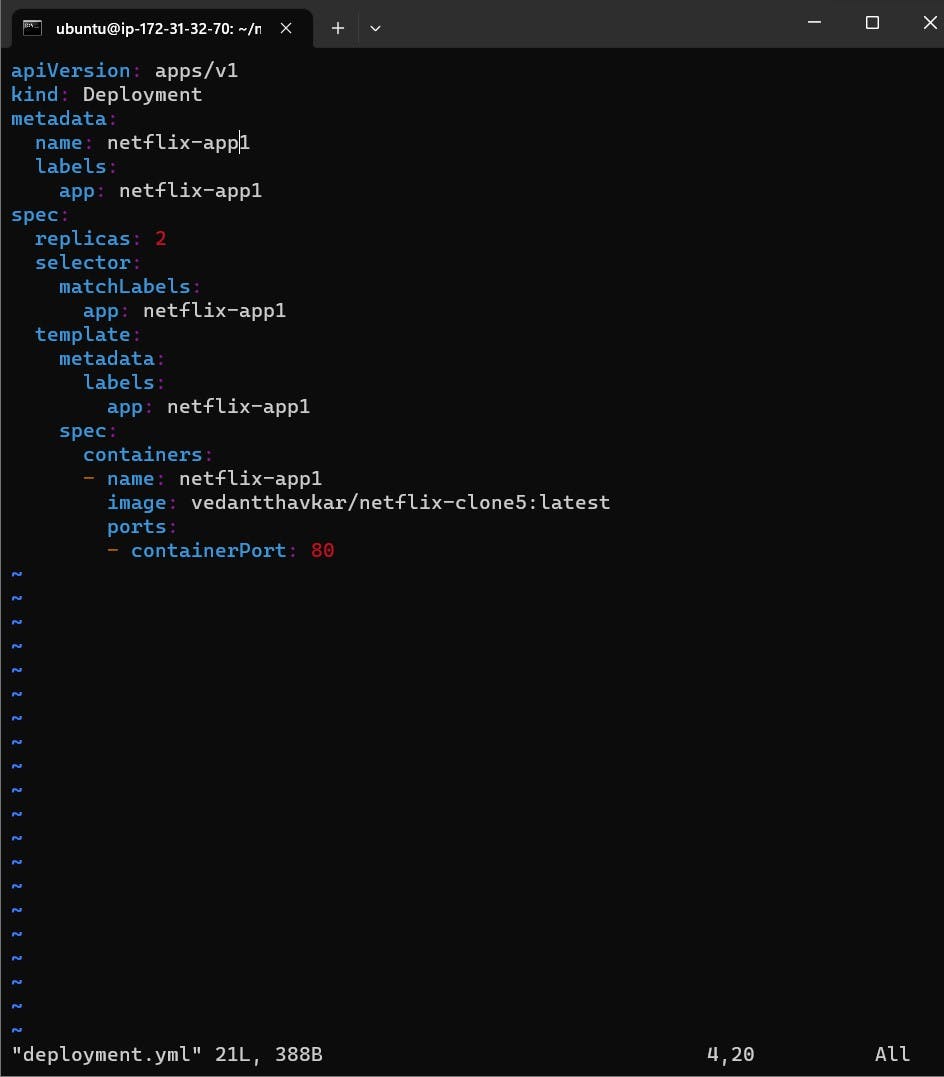
Deploy and Validate Application: Apply the deployment YAML file to the Kubernetes cluster using kubectl, verifying successful deployment and functionality.

Establish Service Configuration: Configure a service.yaml file to expose the Netflix clone application to external clients via node ports.
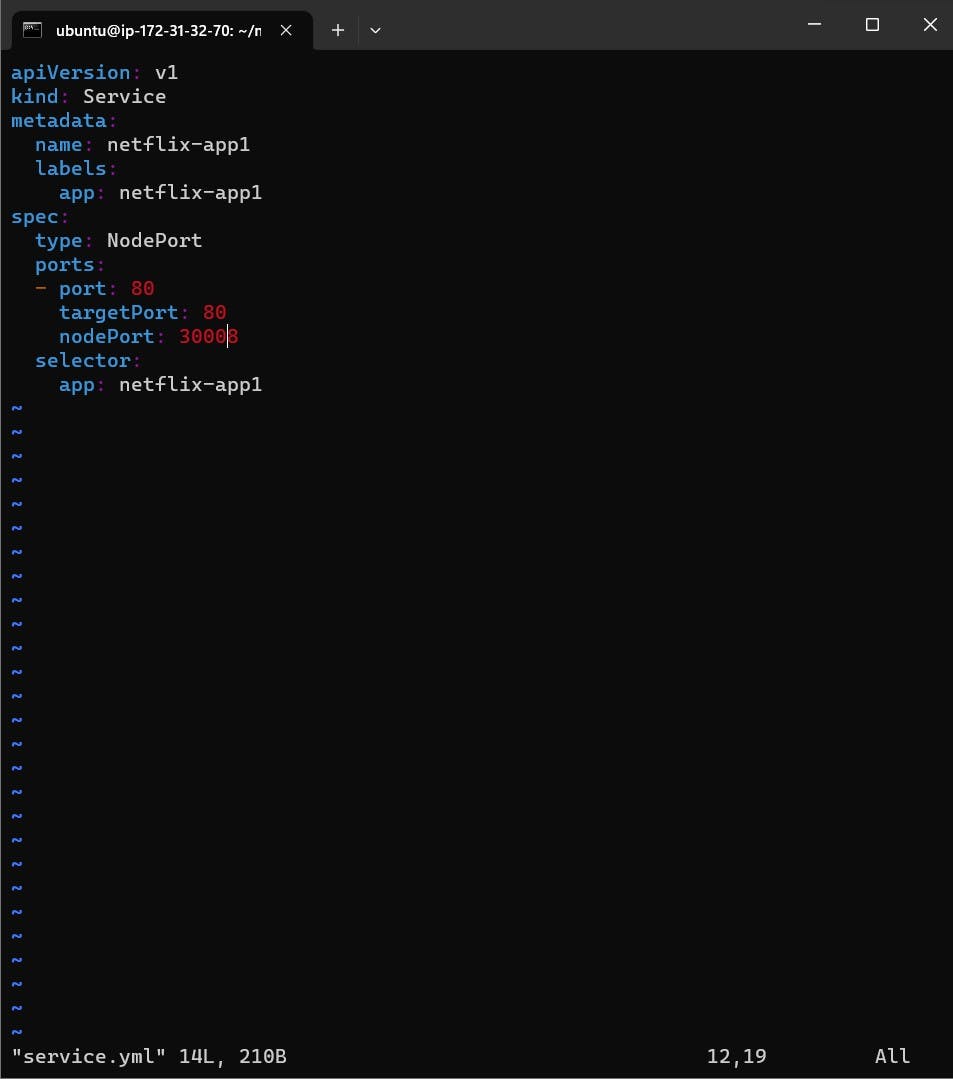
Verify Service Functionality: Apply the service.yaml file to the Kubernetes cluster, confirming correct configuration and accessibility.
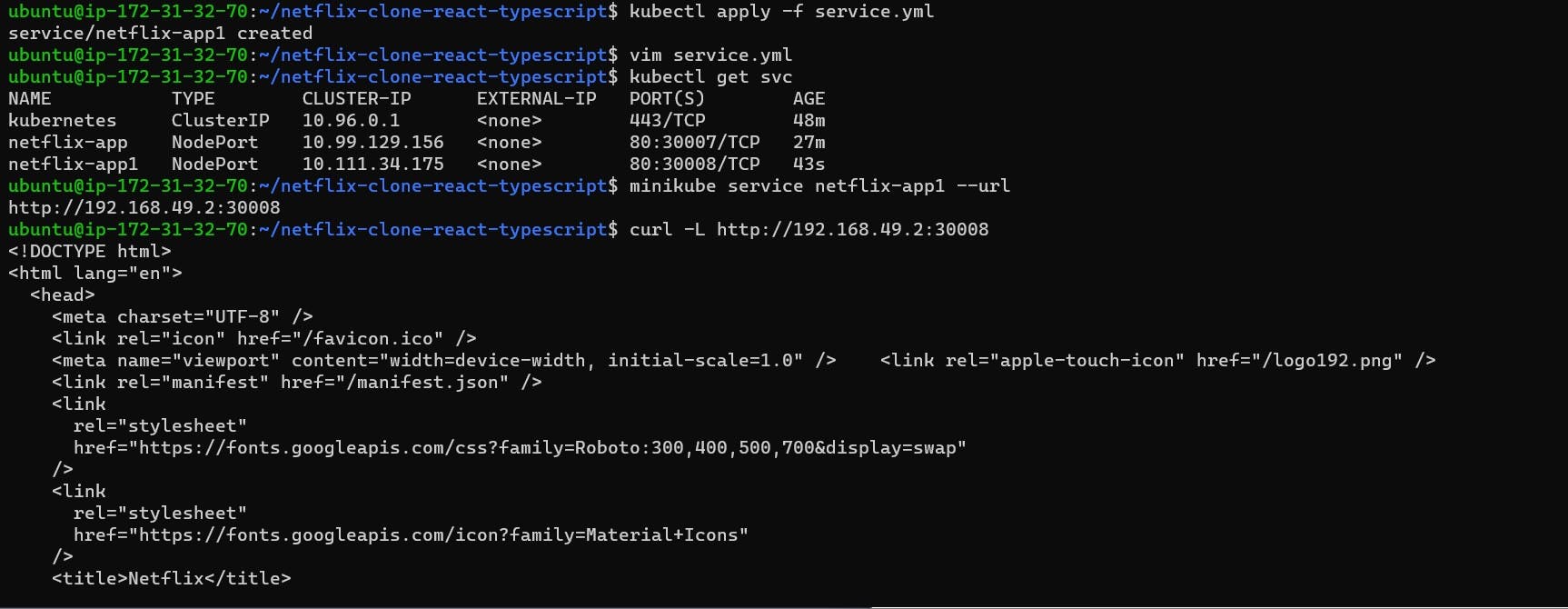
Test Accessibility with cURL: Utilize cURL to test the accessibility of the Netflix clone application, ensuring seamless interaction.
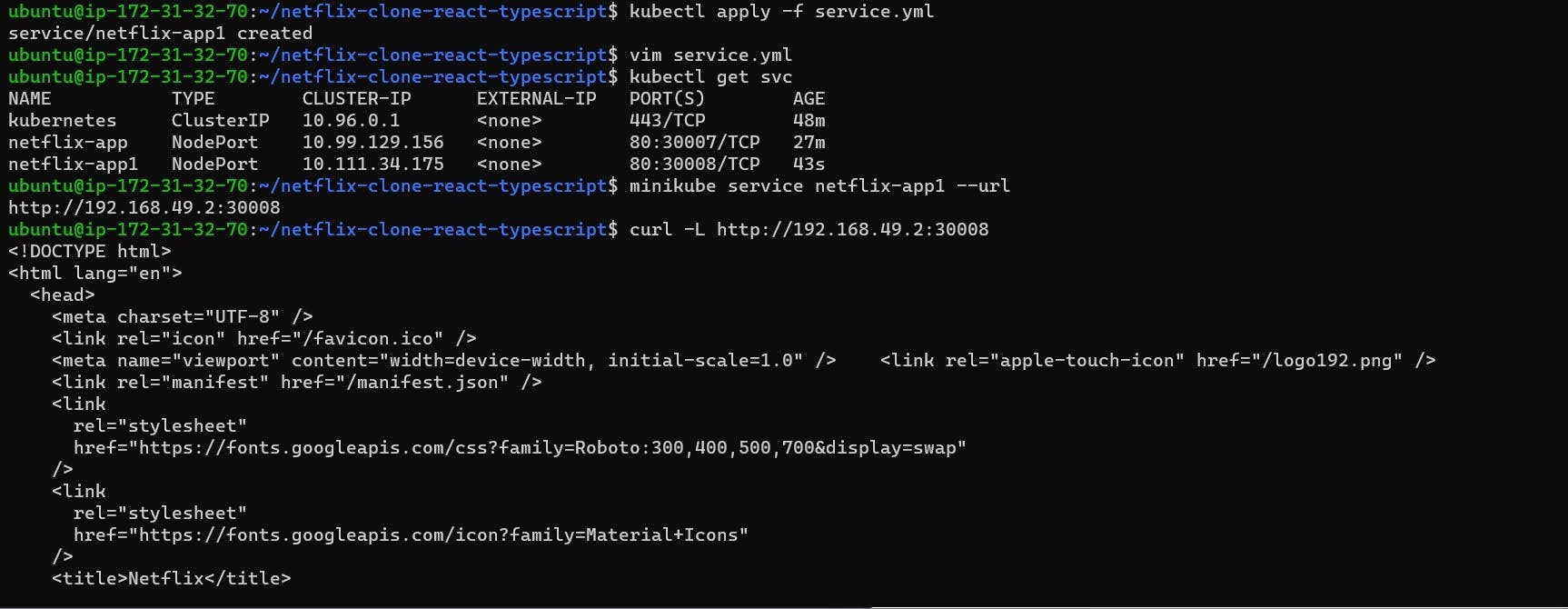
Validate Public Accessibility: Verify public accessibility of the application via a public URL, ensuring availability from anywhere on the internet.
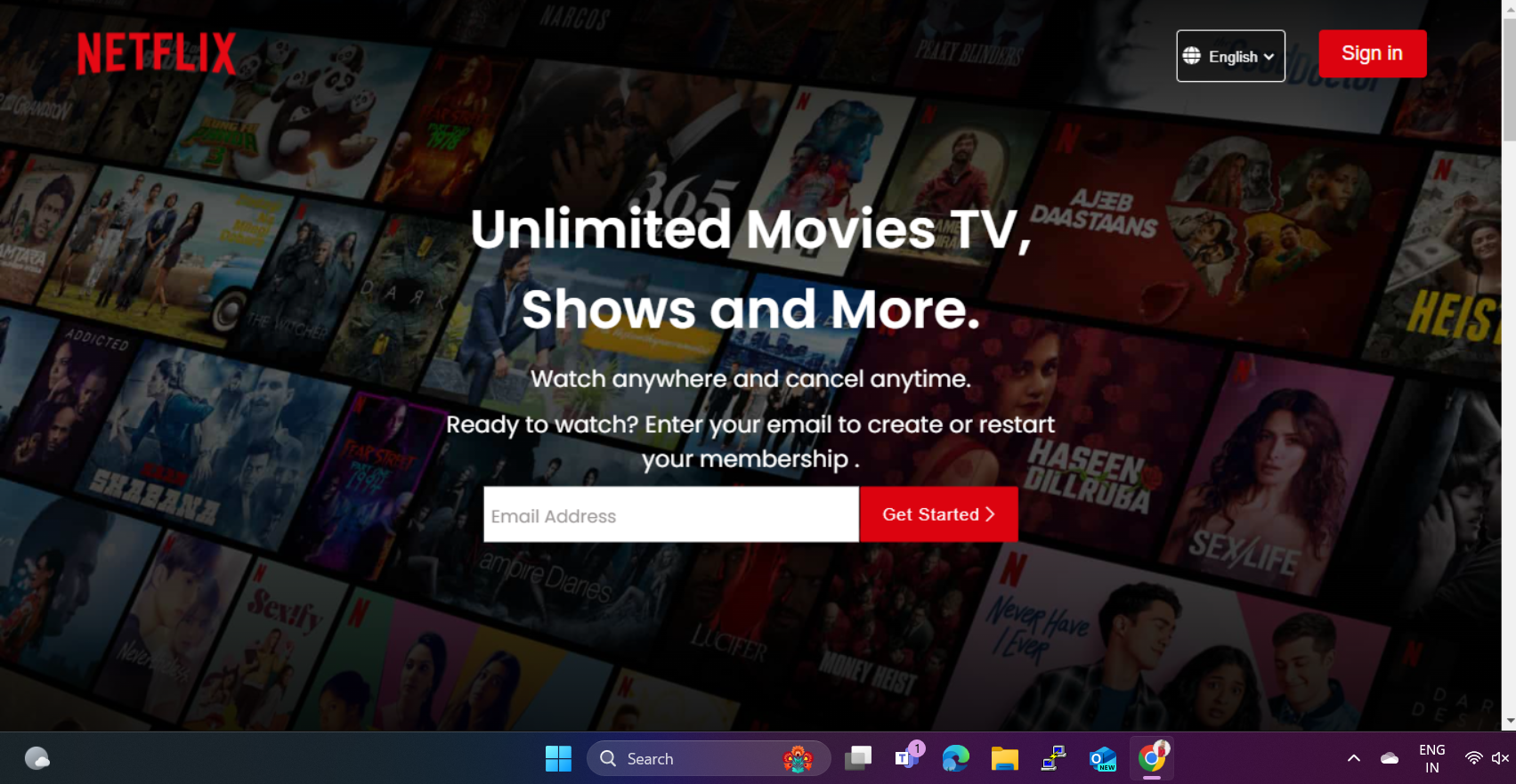
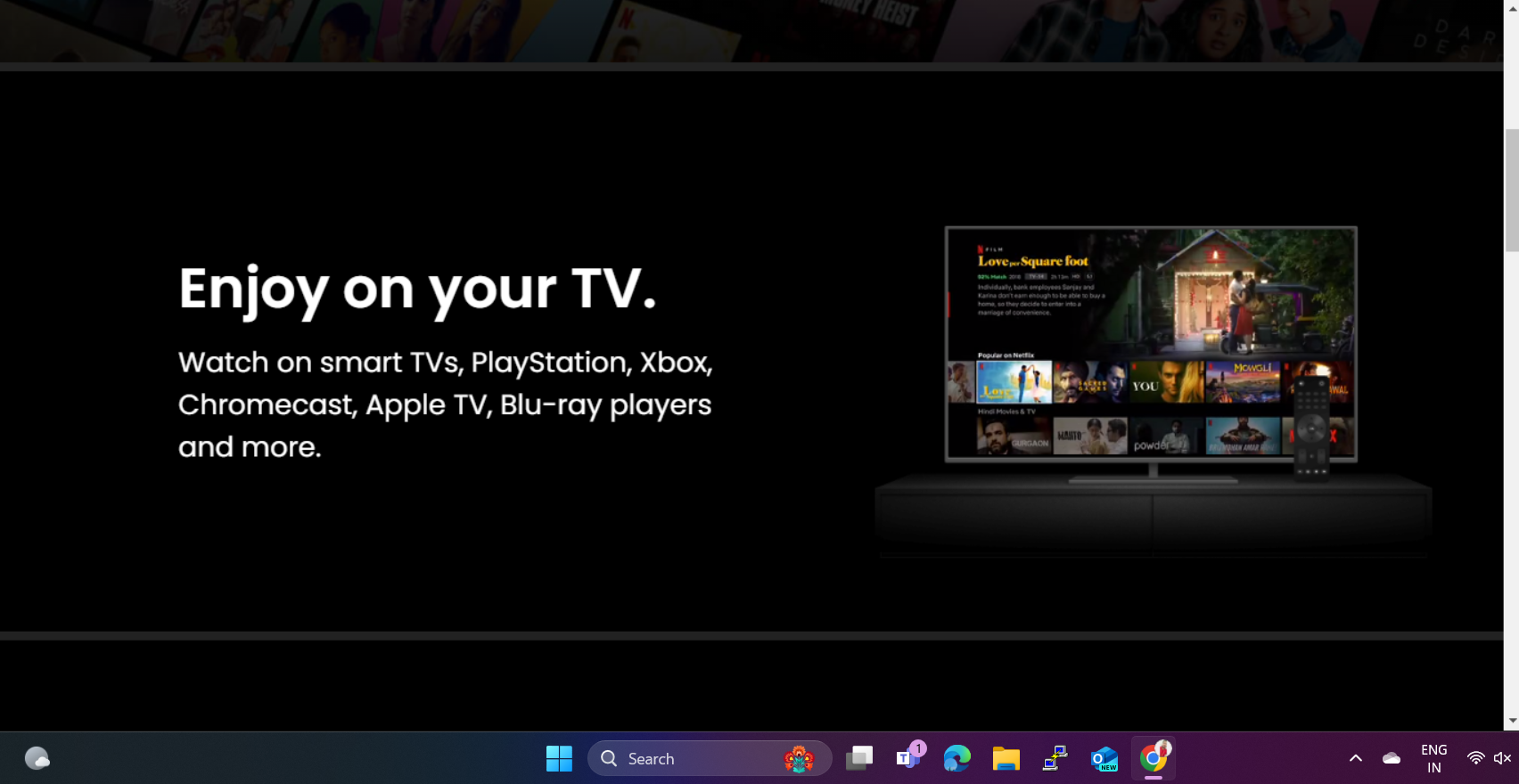
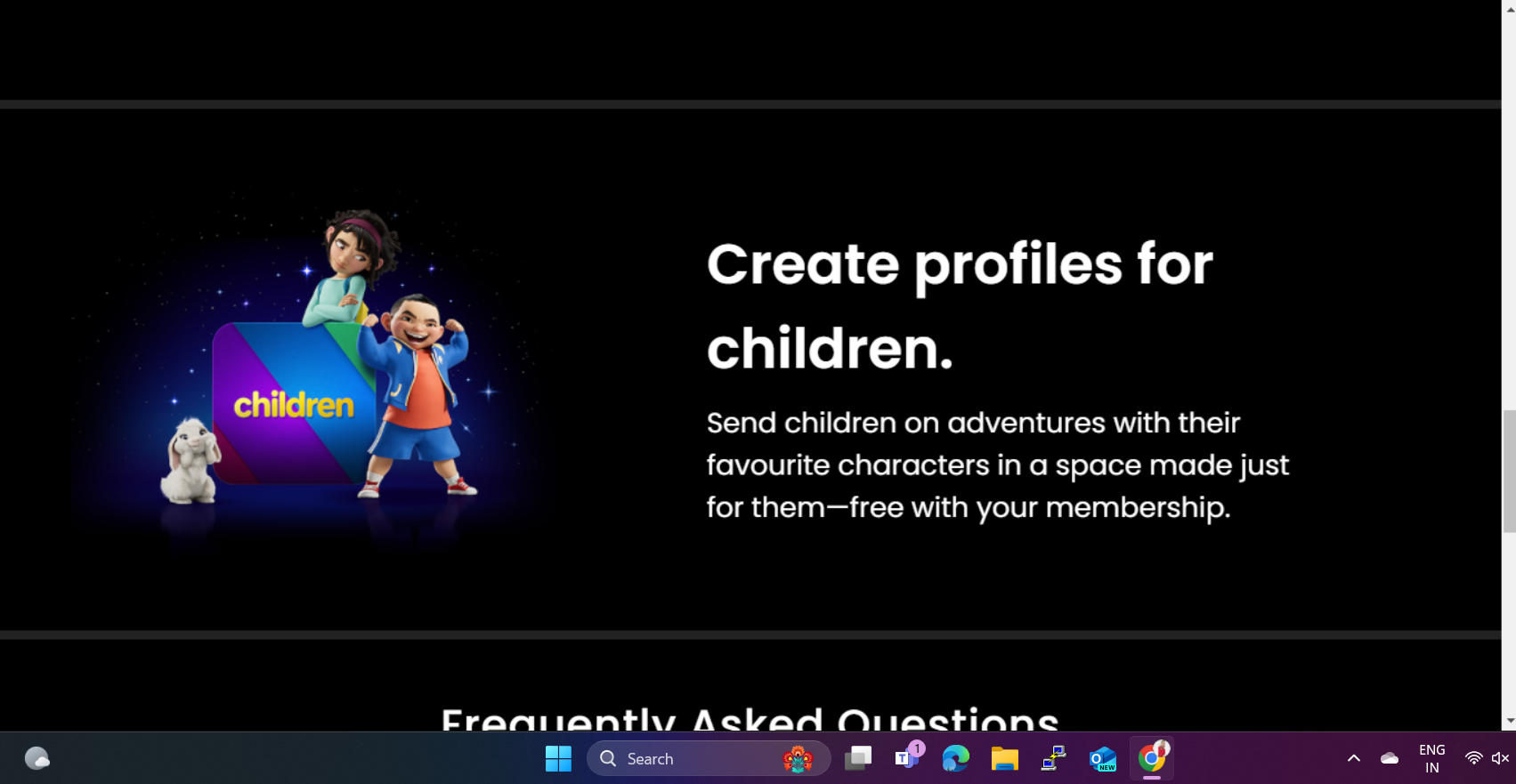
Utilize API Keys for Data Synchronization: Configure API keys during container creation to enable real-time data synchronization between the Netflix clone application and the actual Netflix platform.
Conclusion 🎉
In conclusion, this project demonstrates the deployment process of a Netflix clone web application using Kubernetes. By following these steps, users can effectively deploy and manage containerized applications at scale, leveraging Kubernetes' powerful features for orchestration and management.
CONNECT WITH ME ON GITHUB: https://github.com/Trushid
CONNECT WITH ME ON HASHNODE: https://trushid.hashnode.dev/
#Kubernetes #NetflixClone #Containerization #DevOps #TechProjects #Day84 🐳💻
Subscribe to my newsletter
Read articles from Trushid Hatmode directly inside your inbox. Subscribe to the newsletter, and don't miss out.
Written by

Trushid Hatmode
Trushid Hatmode
As a DevOps Engineer, I'm passionate about building and maintaining robust, efficient, and scalable infrastructure to enable seamless software delivery. With a strong foundation in C/C++, Linux, and a toolkit that spans AWS, Jenkins, Docker, Nagios, Kubernetes, YAML, Ansible, Terraform, Bash Scripting, Git, and GitHub, I'm well-equipped to tackle the challenges of modern software development and deployment.